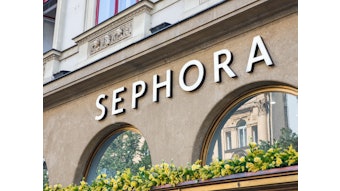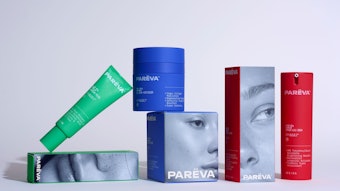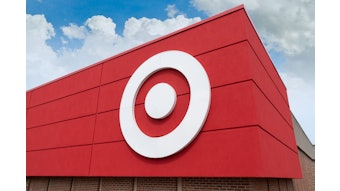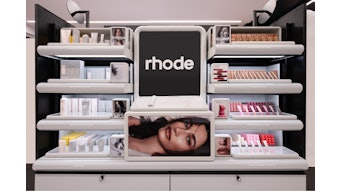In Unity Marketing's latest survey of affluent consumer confidence, the Luxury Consumption Index (LCI) took a 12.3 point dive to 46.4 points*—its lowest level since Q4 2008–Q1 2009. With a drop in affluents' mood, they are not likely to spend extravagantly during the 2014 holiday season.
Pam Danziger, president of Unity Marketing and lead researcher in the Affluent Consumer Tracking Study, (ACTS) explains, "All five key questions that go into the calculation of the LCI tanked in the latest survey. This sets up a bleak Christmas shopping season, since the affluent represent only 20% of U.S. households (24.5 million out of total 122.5 million), but account for more than 40% of all consumer spending."
Unity Marketing's ACTS survey measured affluent consumer confidence in the fourth quarter, as well as their shopping behavior across 24 different types of shopping environments, including:
- General merchandise stores such as Macy's, JC Penney's, Target, Costco, Saks 5th Avenue, Bloomingdales;
- Luxury boutiques such as Ralph Lauren, Louis Vuitton, Coach, Prada, Chanel;
- Fashion & Clothing stores such as Ann Taylor, Banana Republic, JCrew, Anthropologie;
- Jewelry stores;
- Home stores such as Bed Bath & Beyond, Restoration Hardware, Crate & Barrel, IKEA, Ethan Allen;
- Beauty stores such as Art of Shaving, Sephora, Ulta;
- Other specialty stores (art galleries, book stores, craft stores, etc.);
- Online and direct-to-consumer retailers.
"In keeping with affluents' mood, their spending as measured in the Shopper Track survey declined by 10% this quarter," said Danziger. "While some categories posted growth in spend, particularly luxury travel and investment in major household appliances, many other categories of spending were off. The affluent's lack of confidence in the overall direction of the country is a critical factor in the LCI."
Tom Bodenberg, Unity Marketing's economist, explained affluent consumers' sentiment that went into the LCI calculations, "Affluent consumers are sitting on the sidelines instead of getting in on the action." Bodenberg notes that despite recent gains in the residential real-estate marketplace and stabilization in workforce participation, the affluent still feel uncertainty on the economic front.
*The survey was conducted from October 9-15, 2014 among n=1,330 affluents, starting with HHI $100,000 and above. The demographics of the survey sample was average income of the survey sample was $259,000 and average age 47.9 years.










